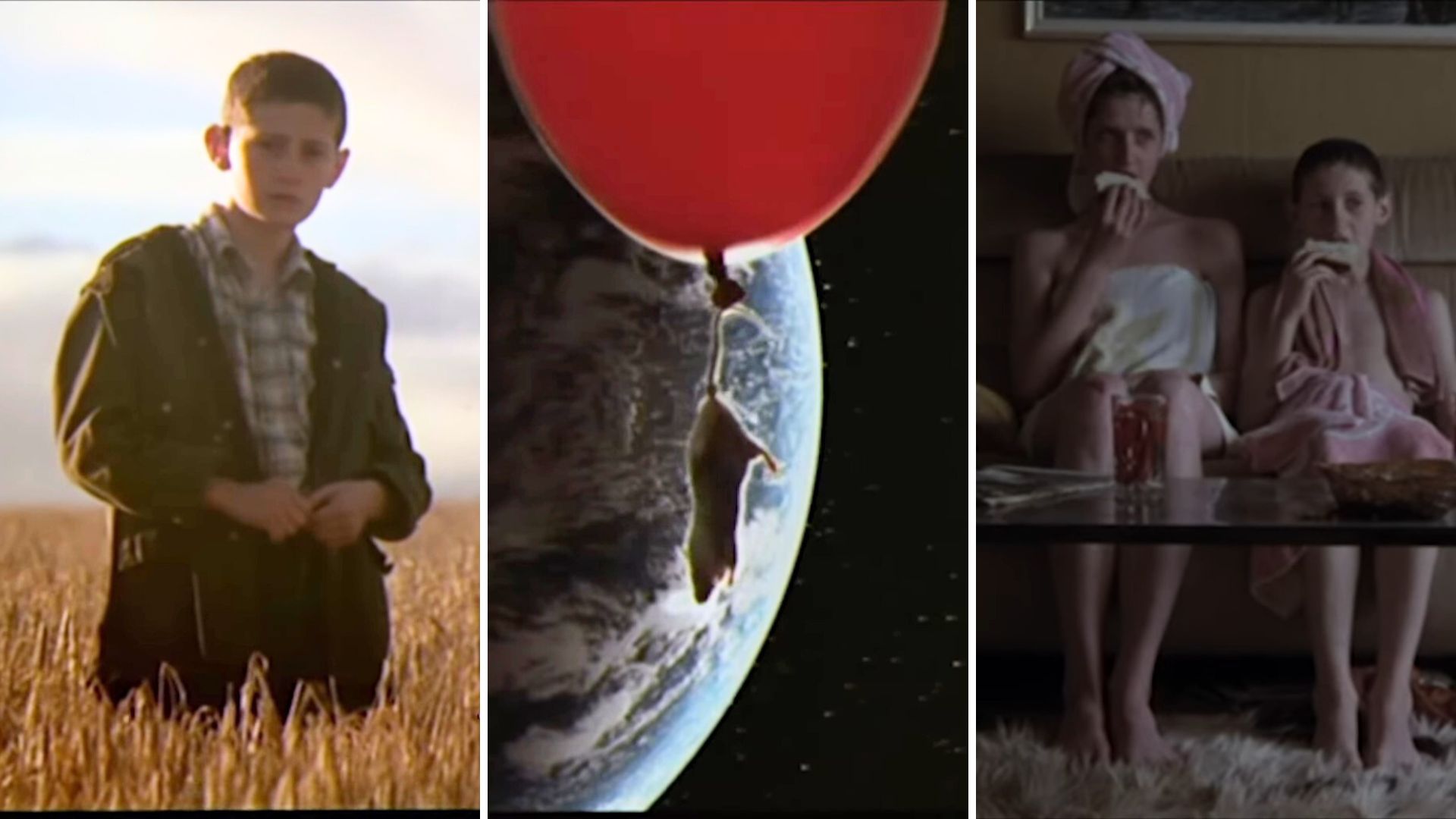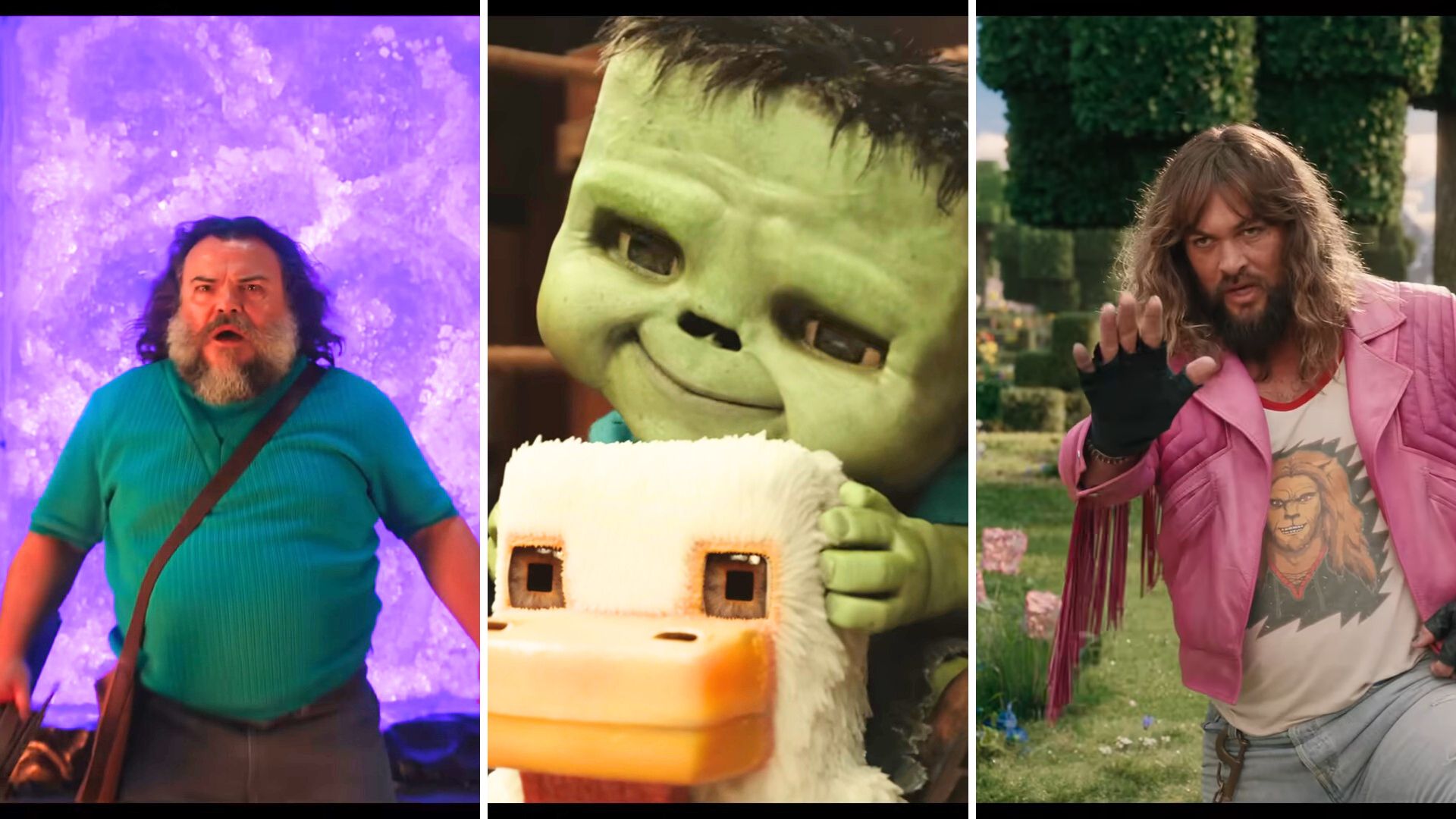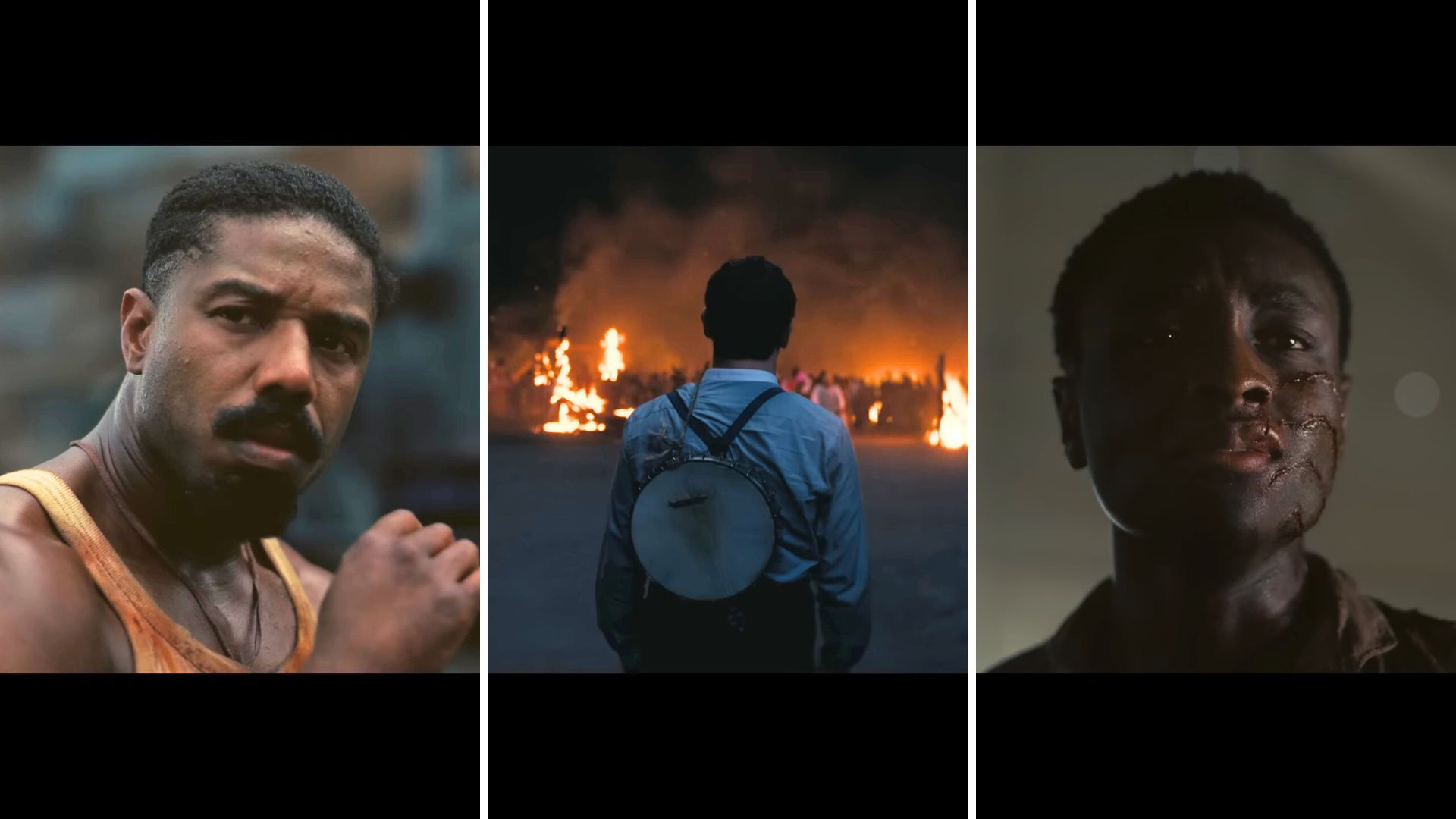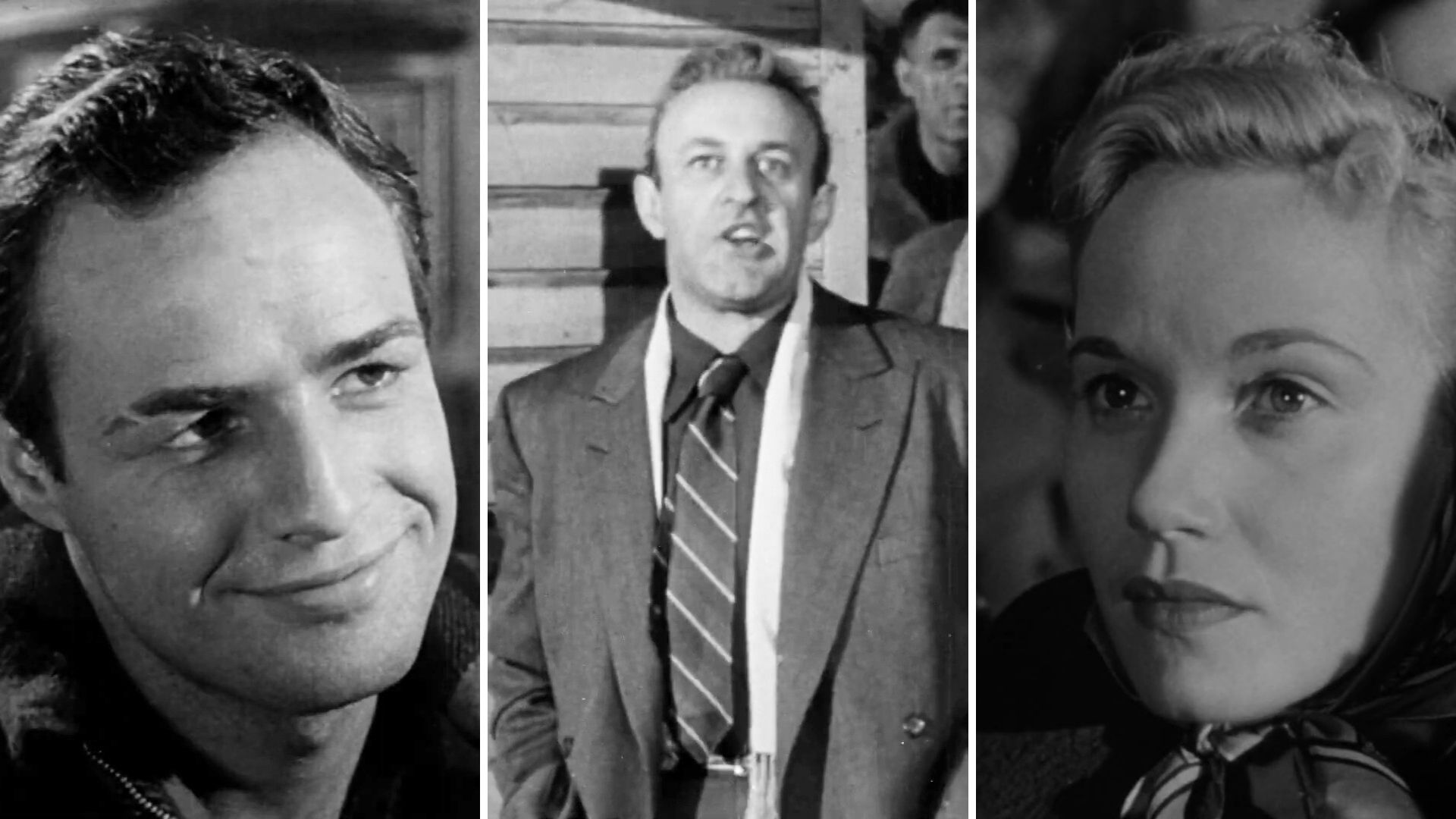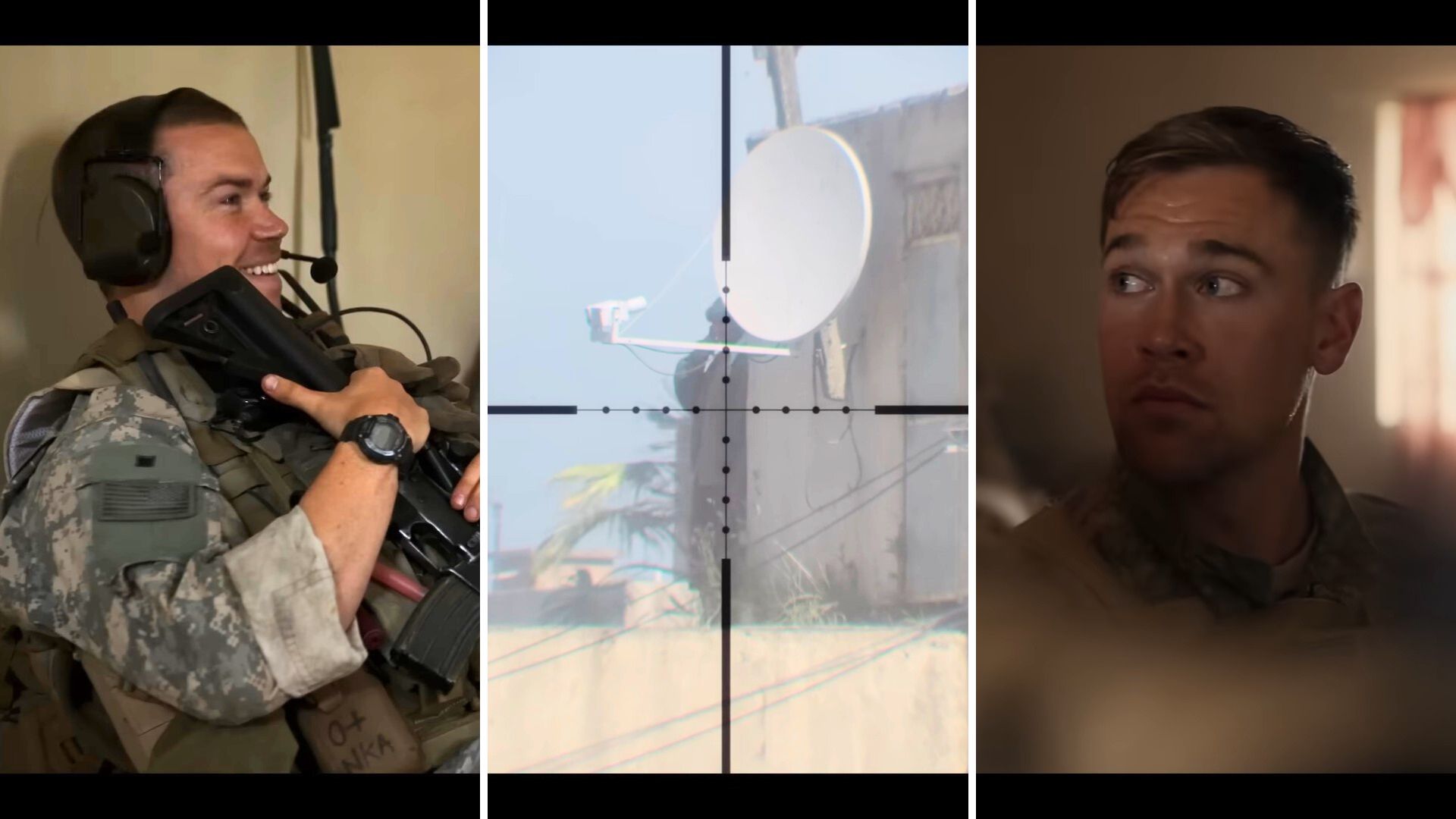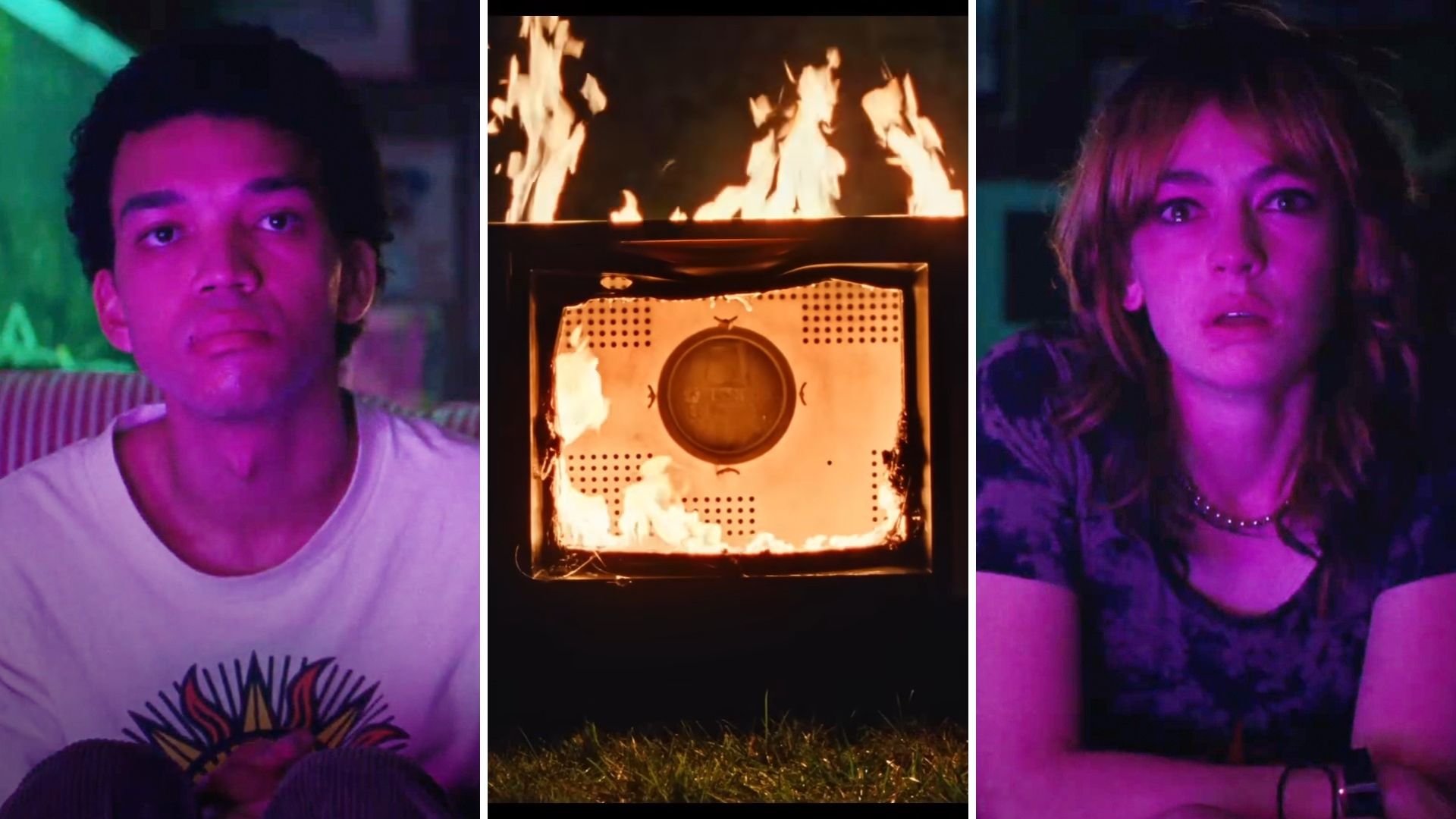
The first time I watched I Saw The TV Glow I left the theater a bit disappointed. I couldn’t quite put my finger on why, but there was a nagging sense that something didn’t add up. On paper, I Saw The TV Glow was made for me. A horror flick from A24 about kids trapped inside a cheesy 90s show feels almost tailor-made to this horror flick-obsessed 90s kid. Pair with David Lynch-esque storytelling, a soundtrack with Phoebe Bridgers, and Fred Durst as part of the cast! This was poised to be my movie of the year sight unseen.
While I loved everything Jane Schoeburn did with their second film, there was just something that felt slightly off. After several rewatches and some time to digest I realized exactly what was missing. Me. I Saw The TV Glow isn’t a movie for me or people who look like me. Once I understood that I wasn’t going to be represented in this movie I realized not just great how the film is, but how important it is to viewers who never see themselves on screen.
Representation in Film
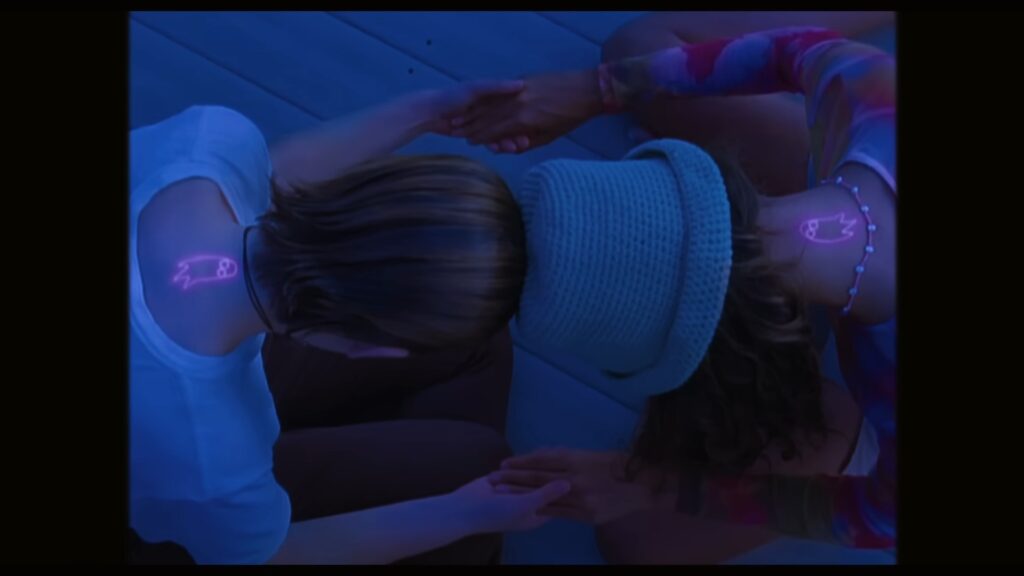
As a Cis-white man who loves horror flicks, I’ve had an abundance of riches in the form of representation. In Scream, I see myself as the nerdy guy who knows way too many horror flicks. The Friday the 13th movies portray me as the sacrificial hero or the murderous killer. Whether it be the killer, the hero, the love interest, or even the lovable goof, people who look like me are adequately represented throughout all of cinema. I Saw The TV Glow isn’t concerned with showing me on screen, it instead gives us leads that are more interesting and represent a smaller, often forgotten, portion of society.
Justice Smith and Brigette Lundy-Paine star in I Saw The TV Glow as two high schoolers obsessed with a cheesy 90s kid’s horror TV show. The film follows Justice Smith’s Owen as he struggles to fit in at school and avoid his abusive father. Owen eventually grows up but never truly realizes his true self. The obvious answer the film posits is that Owen is actually Isabel. Half of the Pink Opaque duo whom is currently buried alive and gasping for air. The truth though is that Owen acts as an analogy not just for kids who struggle to fit in at school but those who can’t feel comfortable in their bodies.
I Saw The TV Glow Inside
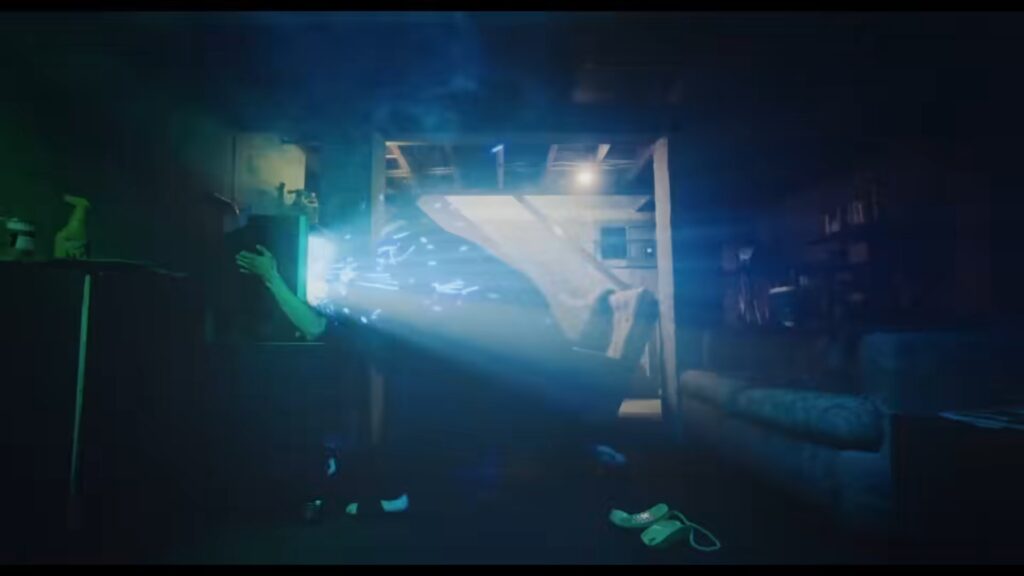
On my first viewing of I Saw The TV Glow, I picked up on the trans narrative the film was portraying. The film uses this as an allegory but it’s still ever-present throughout the movie. Writer and director Jane Schoebrun isn’t subtle in portraying their themes through colors, music, and blocking. This isn’t a flaw in their filmmaking or writing. Quite the opposite. Jane has created a film that tells a satisfying spooky story while also representing a significantly underrepresented portion of society.
Owen’s story is one of realizing that the world isn’t one where he belongs. There are panic-inducing scenes watching Owen attempt to avoid conflict and struggle with social interactions. Owen finds solace in a TV show where the characters look like him or at least, how he wants to look. This subtext does not cater to people like me. People who have seen themself in TV and movies their whole lives. It caters to people like Owen who are watching themselves represented on screen for the first time.
Watching TV and Being Seen
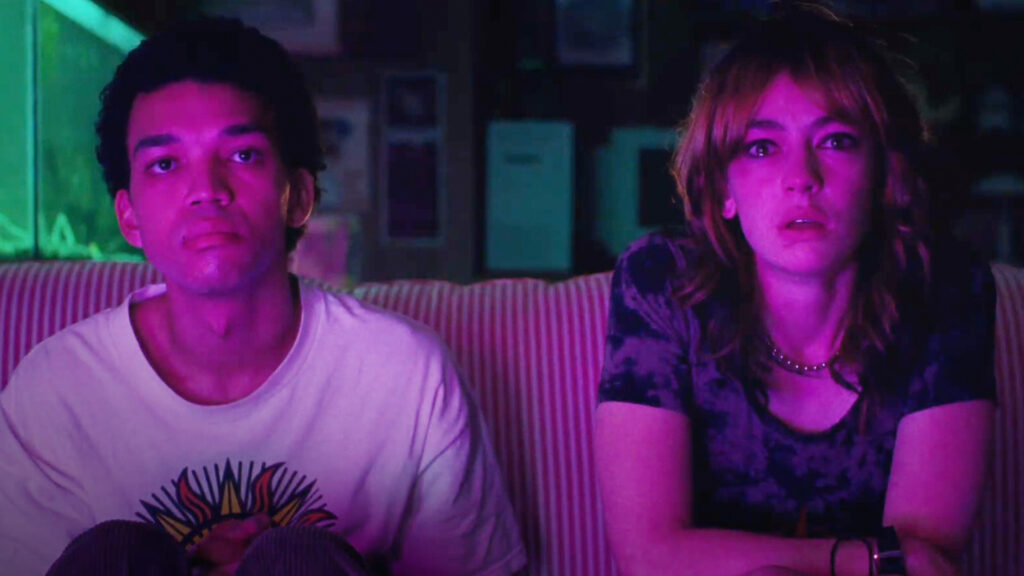
Owen is a character so far removed from me that I found his story at times hard to relate to. Yes, I loved the cheesy shows I Saw The TV Glow is emulating but for very different reasons than Owen and writer-director Jane Schoebrun. I loved these shows because I was a nerd and had little shame surrounding my love for them. There was no fear of retaliation or blacklisting because I liked a show. And I didn’t need the shows to provide me with representation. I could see myself in any show or movie because I was always there. I Saw The TV Glow wisely leaves me out in service of a better story.
Owen needs the Pink Opaque the same way every kid struggling with their identity needs I Saw The TV Glow. Representation, being seen, validation. These are all buzzy catchphrases that mean little to people like me who see themselves everywhere. But for those who never see themselves on screen a film like I Saw The TV Glow can become the most important film in the world.
There’s Still Time
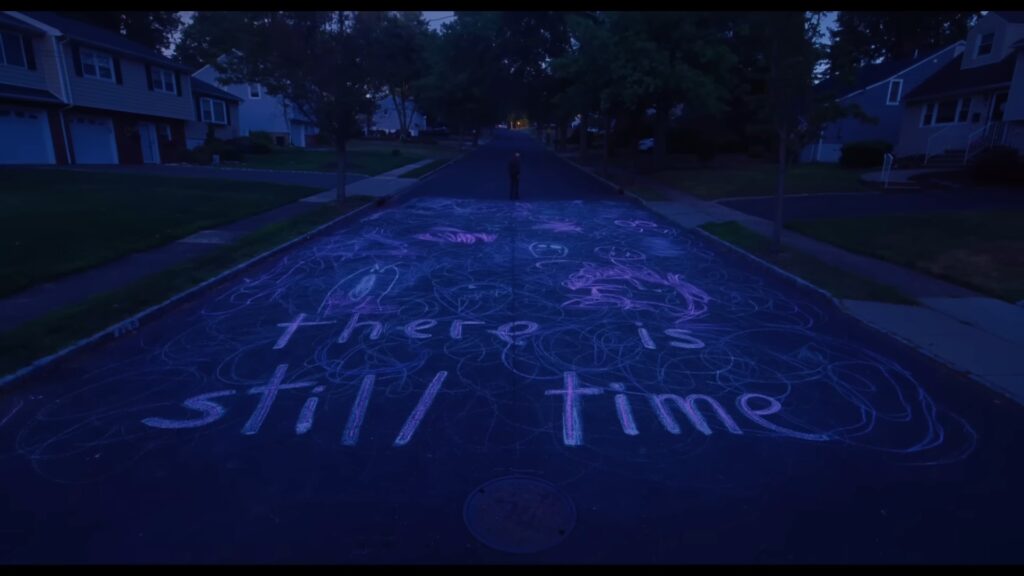
At the top, I mentioned I felt disappointed after my first viewing of I Saw The TV Glow. I couldn’t pinpoint the reason for the disappointment or where it was stemming from. There were so many things I loved about I Saw The TV Glow. I couldn’t wait to see it again and pause the screen during key moments. I wanted to dissect every page from the official guide shown on screen and listen for every clue. There were mysteries to unravel, a soundtrack to die for, and performances that kept me engaged throughout. But there was still that small feeling that something felt off.
After realizing it’s not a film for me, that I’m not represented here, I appreciated the film a lot more. Not because I get the chance to be a wise sage who can properly analyze every aspect of the film. But because I felt for the first time what every under-represented person has felt inside a movie theater.
The Importance of I Saw The TV Glow

Being trans or black or gay doesn’t mean an immediate disdain for movies that don’t feature a representative character. But it does I’m assuming leave the viewer with a twinge of disappointment. That disappointment may even turn to rage or offense when that character exists inside a movie only to serve as a cheap laugh or gross stereotype. That twinge of disappointment, the thing I couldn’t quite put my finger on, is the privileged result of a lifetime of representation.
I Saw The TV Glow wasn’t the first time I couldn’t see myself in a show or movie. But it was the first time it caught me off guard. It was the first time I thought I was walking into a movie made for me only to find out I was not the target audience. I Saw The TV Glow wasn’t made for me but it’s still a film I love. I hope Jane Schoebrun keeps making films like I Saw The TV Glow. Films with an interesting narrative, impeccable lighting, and movies for people who don’t look like me.



